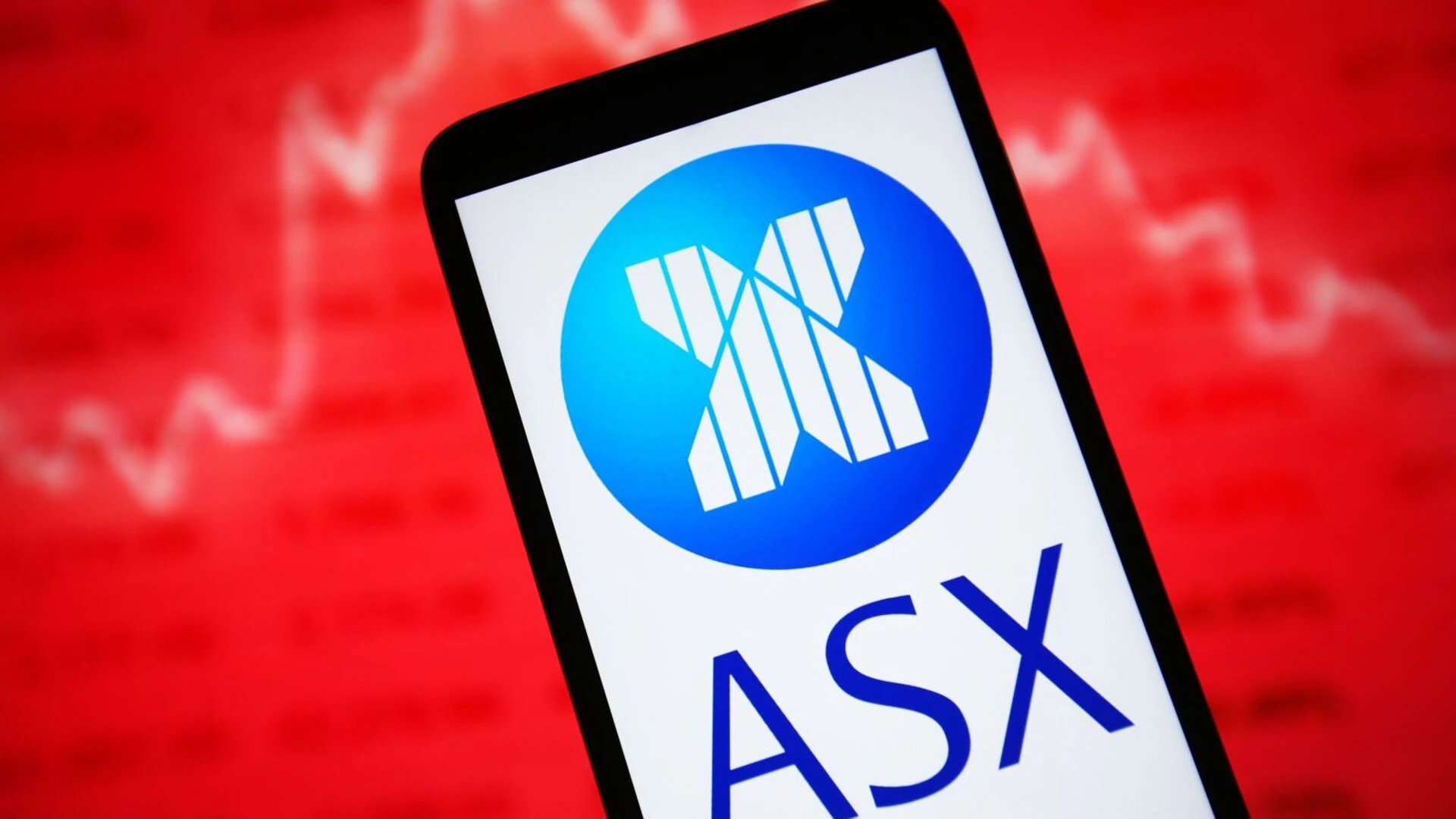ASX futures were hinting down Thursday morning, having lost 5 points or less than 0.1% as of 6:00am.
US stocks mostly fell Wednesday as investors focused on fresh signs of a slowing economy.
The S&P 500 dropped 0.3% and the Dow Jones Industrial Average inched up 0.2% while the tech-heavy Nasdaq Composite fell 1.1%%.
Data this week has suggested the labor market is weakening. A report Wednesday from payroll-processing firm ADP suggested nonfarm private sector employment rose by 145,000 in March, down from a 261,000 gain in February and below economists' expectations. That came a day after a Labor Department report showed that February job openings fell to the lowest level since 2021, a sign that demand for workers is beginning to slow.
In commodity markets, Brent crude oil was flat at $84.96 a barrel while gold gained 0.1% to US$2,023.28.
The yield on 2 Year Australian government bonds was unchanged at 2.90% while the 10 Year yield edged higher to 3.27%. Meanwhile, US Treasury notes remained lower, with the 2 Year yield falling to 3.76% and the 10 Year yield dipping to 3.28%.
The Australian dollar slumped a bit to 67.19 US cents from its previous close of 67.51. The Wall Street Journal Dollar Index, which tracks the US dollar against 16 other currencies, edged up to 95.67.
Asia
The Shanghai Stock Exchange was closed Wednesday to celebrate the Qingming Festival.
The Hong Kong Stock Exchange was closed Wednesday to celebrate the Ching Ming Festival.
Japanese stocks ended lower, dragged by falls in trading house and machinery shares as the yen strengthened amid global economic uncertainty. Komatsu dropped 4.1% and Kubota lost 3.2% while Sumitomo Corp shed 3.8% and Toyota Tsusho slid 3.9%. The Nikkei Stock Average fell 1.7% to 27813.26.
India's benchmark Sensex extended early gains to close 1.0% higher at 59689.31, amid hopes for domestic earnings growth. Near-term focus will be on the Reserve Bank of India's policy decision on Thursday. Investors are also likely to keep a close eye on the global economic outlook, after data showing a decline in U.S. job openings increased fears of a looming recession, ICICI Securities analysts said in a note. Consumer shares advanced, with Hindustan Unilever up 1.8% and Asian Paints adding 1.1%. Other gainers included HDFC Bank and Tata Motors, rising 2.7% and 0.5%, respectively.
Europe
European stocks traded mostly lower as weaker-than-expected US economic data fueled recession concerns. The pan-European Stoxx Europe 600 fell 0.3%, Germany’s DAX dropped 0.5% and the French CAC 40 shed 0.4%. The US ISM services purchasing managers' index (PMI) fell more than expected in March while ADP data showed US private sector hiring decelerated more than forecast.
"Sometimes markets go up on bad data, as it means rate cuts are coming, and sometimes they go down, since recession fears rise," IG analyst Chris Beauchamp wrote. Traders seemed to have picked the latter option, with the warning from Federal Reserve official Loretta Mester about more rate hikes "sounding in their ears too," Beauchamp said.
The United Kingdom’s FTSE 100 index ended Wednesday 0.4% higher as gains for defensive stocks offset sharp losses for electronics distributor RS Group, Irish building materials supplier CRH and home improvement retailer Kingfisher. "It's been a broadly negative session for markets in Europe with the more defensive qualities of the FTSE 100 working in its favor today, with utilities and pharmaceuticals helping to push the UK index higher," CMC Markets analyst Michael Hewson said.
North America
US stocks mostly fell Wednesday as investors focused on fresh signs of a slowing economy.
The S&P 500 dropped 0.3% and the Dow Jones Industrial Average inched up 0.2% while the tech-heavy Nasdaq Composite fell 1.1%%.
Data this week has suggested the labor market is weakening. A report Wednesday from payroll-processing firm ADP suggested nonfarm private sector employment rose by 145,000 in March, down from a 261,000 gain in February and below economists' expectations. That came a day after a Labor Department report showed that February job openings fell to the lowest level since 2021, a sign that demand for workers is beginning to slow.
Marija Veitmane, head of equity research at State Street, said investors have shifted their attention away from March's banking turmoil and back to the risk of a recession that could drag down consumer spending and corporate profits.
"I'm in the camp that bad news is bad news," said Ms. Veitmane. "This week, we're getting this realization that we're avoiding a banking crisis but economic fears are still there. We're going from financial crisis to cyclical slowdown."
"Recession risks have increased," Mark Haefele, chief investment officer at UBS Global Wealth Management, wrote in a note to clients. "As the slowdown of the US economy becomes more apparent, we think investors should prepare for a peak in interest rates by considering opportunities in bonds."
Economically sensitive sectors of the S&P 500, including industrials, materials and real estate, have underperformed since bank stress came to the forefront in early March. All are down more than 4% over the last month. Some traders appear to be betting that a slowdown in regional bank lending to smaller businesses will reverberate through the economy, ultimately curbing growth and hitting economically sensitive sectors hardest.
The utilities sector, typically considered a haven, was the best performer Wednesday, adding 2.6%.
Traders will get their next look at the health of the US economy on Friday with the release of the widely watched payrolls report. US equity markets will be closed, however, in observance of Good Friday.
Among individual stocks, Johnson & Johnson was one of the S&P 500's best performers, rising 4.5% after the company proposed one of the biggest product-liability settlements ever for its talc-containing powders.
Electronic-bond trading platform MarketAxess was the worst performer in the broad-based index, plunging 13.9% after announcing first-quarter trading volume statistics.

























